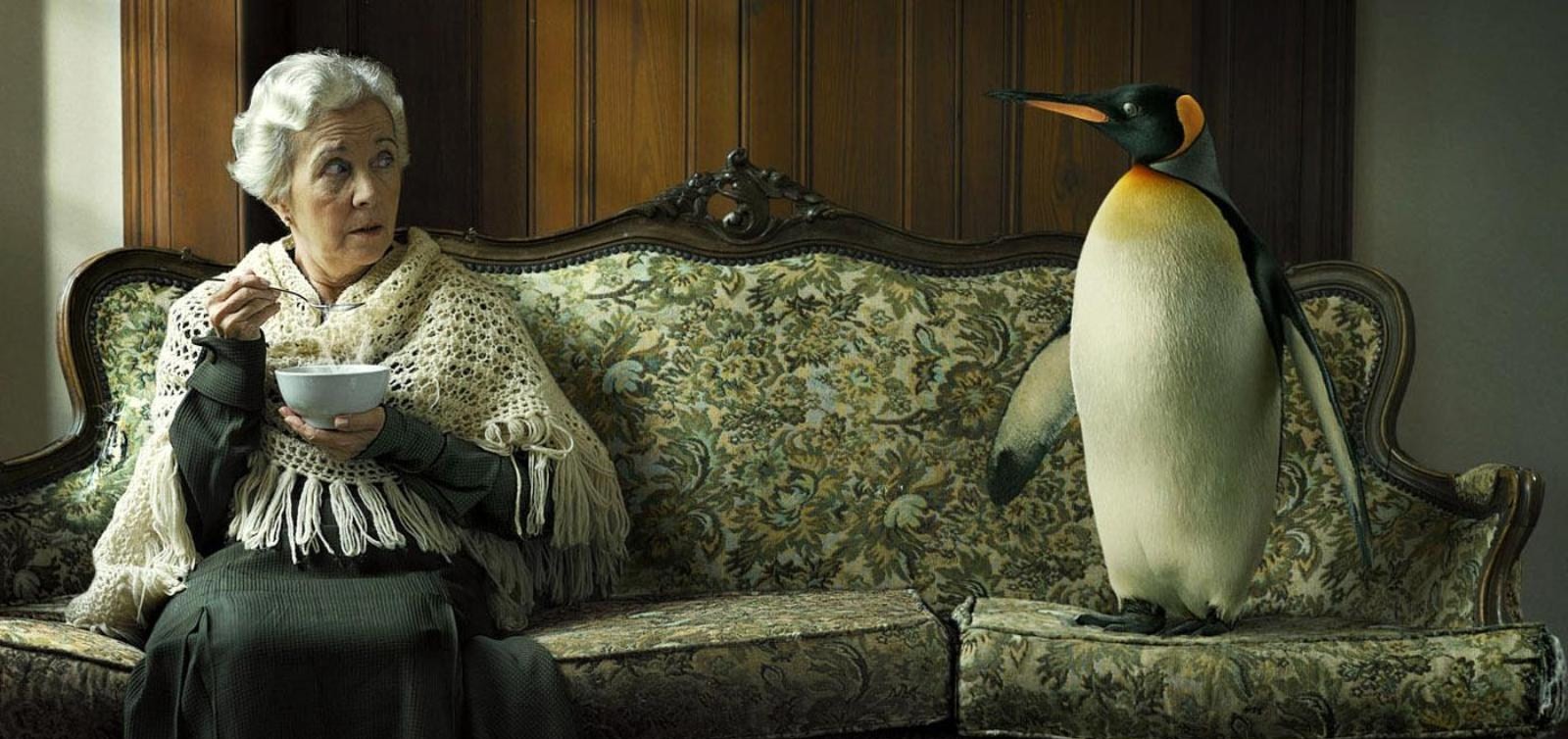For the sake of time (yours and mine), moving forward I’m going to simplify some arguments but give you some examples of theologians and authors, books, articles, and videos to look at and listen to that will assist you in developing further, or perhaps changing your stance and perspective on the matter.
Over the next couple blogs we’ll look at the idea of same-sex marriage and what the Bible says about it. I’m forgoing a blog on just what the Bible says about homosexuality because it would be redundant since virtually all of it relates to the marriage debate anyway.
Marriage seems to be the crux of the issue today, and where you stand is probably related to what you think is the more important emphasis in Christian living: morality or justice.
For the most part, historically speaking (and especially in recent decades) the church has leaned more toward emphasized moral living, especially when it comes to homosexuality. It’s seen as immoral and wrong. It’s laid out as a sin in the Bible and we must avoid living in sin.
This is one particular and prominent line the Church Universal has taken, especially in conservative America and throughout the Christian West (which includes NZ, having been greatly impacted by American evangelicalism).
But another line the church can take, and seems to be growing to prominence (especially among Gen X-ers through to Millenials), is a more social justice driven line; one that notices and stands up for people suffering oppression and injustice of many kinds.
I think to provide a true faithful witness to the Gospel and the call of being a Christian we need to find middle ground where both things are important, but the reality is that you will likely find one to be more of a motivating factor and influence on your spirituality as a whole, and you’re likely to especially lean more to one side or the other when it comes to how the Church (at large) has viewed, treated, and taught in regards to LGBTQI people.
Do you primarily see a moral issue here, or a justice issue?
John Stott is one of the biggest names in Christian theology from the last 50 or so years. His views are in line with the traditional views on homosexuality and same sex marriage, but he’s also done a lot of research and makes compelling arguments. I’ll summarize some of what he says and leave a link for an online essay you can access for more.
Stott stands by the creation account in Gen 1-2 saying that it lays out the blueprint for God ordained relationships, sex, and marriage. He also carefully lists the modern objections to this as the ONLY format for marriage. For one thing, he notes the objection that the Biblical writers were addressing issues that are far different from our questions today. “Paul and the OT writers knew nothing of post-Freudian psychology, the difference between “inversion” and “perversion” would have been incomprehensible to them, and the very notion that two men or two women could fall in love and develop a stable relationship comparable to marriage simply never entered their heads. So then, just as slaves, blacks, and women have been liberated, “gay liberation” is long overdue.”
This is a very poplar objection against the traditional stance, and I find a lot of truth in it, myself. But Stott continues to argue that when “those texts are seen in revelation to the divine institution of marriage, we are in possession of a principle of divine revelation that is universally applicable.”
Let’s see what he means by that.
Stott says that even modern loving homosexual partnerships must be ‘condemned’ because they are incompatible with God’s created order, and since that order (heterosexual monogamy) was established by Creation and not culture there can be no liberation from God’s norms. He goes on to say too that, “I do not deny the claim that homosexual relationships can be loving (although a priori I do not see how they can attain the same richness as the heterosexual mutuality God has ordained.)* But their love quality is not sufficient to justify them. Indeed…they are incompatible with true love because they are incompatible with God’s law.” Later he adds, “true love is not incompatible with the maintenance of moral standards.”
again, we see the contrast between morals and justice. Stott obviously values morality over justice, and, indeed, doesn’t even see it as a justice issue at all. But I don’t intend to paint this brother of Christ in a bad light (I hope I haven’t done that in summarizing his comments). He absolutely condemns Christian behaviour that is based in hate and violence. He believes in acceptance, but not acquiescence. He urges each local church to be a warm, accepting, and supportive community for same-sex oriented people, but he wholly condemns the idea of same-sex marriage and sexual relationships.
what do you make of these strong statements? Do you agree? Disagree?
what else is “incompatible with God’s created order,” and do we treat them the same way?
*I feel I should admit that I find this particular statement ironic in a way, because Stott actually spent his life dedicated to celibacy and never new “the richness of a heterosexual mutuality” himself either.
a pdf of the essay I pulled these John Stott quotes from: http://storage.cloversites.com/andoverchristianchurch/documents/Stott%20Homosexual%20Marriage.pdf
you may also be interested in other things John Stott has written on the subject: https://g.co/kgs/anEaxR
https://www.amazon.com/Same-Sex-Partnerships-Perspective-John-Stott/dp/0800756746
